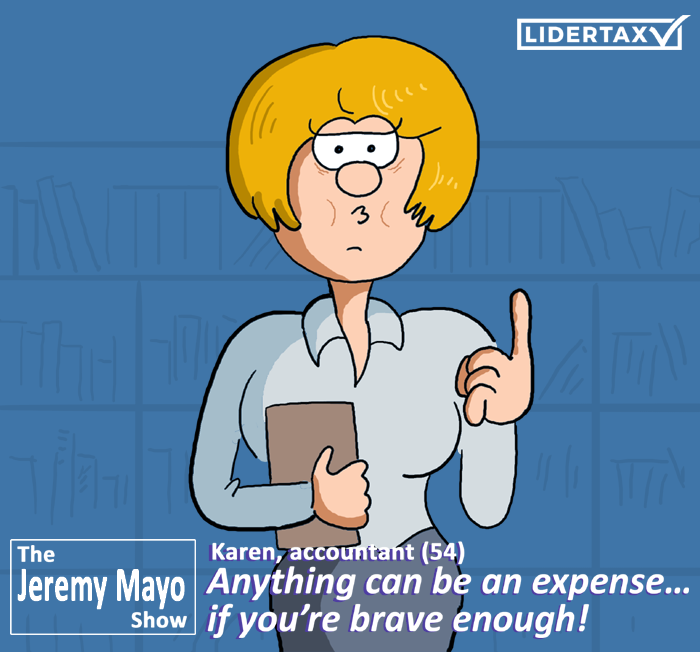
When it comes to sorting out your Self Assessment Tax Returns, we know it can sometimes feel a bit overwhelming. But don’t worry — we’re here to make the process straightforward and stress-free. Whether you’re new to self assessment or just need a helpful reminder, we’ve laid out everything you need to know to get started.
What Is Self Assessment?
Self assessment is how HMRC ensures you pay the correct amount of tax on your income. If you’re self-employed, earn money outside of your regular job, or receive additional income (like rent or dividends), you’ll likely need to file a Self Assessment tax return.
But don’t fret—this doesn’t apply to everyone! If your employer handles your taxes through PAYE, you probably won’t need to submit a return. Feel unsure? You can always double-check using HMRC’s online tool.
Do You Need To File a Return?
Here are a few common scenarios where you might need to file a return:
- You earn over £1,000 from self-employment or a side hustle
- You’re a landlord earning rental income
- You receive dividends or other untaxed income
- Your income exceeds £150,000
- You’re affected by the High Income Child Benefit Charge
Even if you had a year with no profits or made a loss, it’s still important to file your return unless you’ve informed HMRC that you no longer need to. By reporting your losses, you may even be able to carry them forward to reduce future tax bills!
Why Filing Online Could Be the Smarter Choice
When it comes to self assessment, online filing has some clear perks:
- Extra Time to File: Paper returns are due by 31 October, but when you file online, you’ve got until 31 January. That’s three more months to get everything sorted!
- Quicker Updates: Online systems often provide immediate confirmation that HMRC has received your return.
- Fewer Errors: The system helps guide you through the process, ensuring you fill out all the necessary sections.
Deadlines You Need To Know
To keep on the safe side, be sure to stick to these key dates:
- 5 October – Register for self assessment if it’s your first time
- 31 October – Deadline for submitting paper returns
- 31 January – Deadline for online returns and paying any tax owed
Missing these deadlines could result in late fees and penalties, so it’s always best to plan ahead.
Submitting Your Self Assessment Step-by-Step
First-time filer? You’ll need to register with HMRC and receive your Unique Taxpayer Reference (UTR) number. Once you’re signed up, keep the UTR safe—it’s essential for filing both this year and in the future.
- Get Your Documents in Order
Gather details about your income, expenses, and any tax relief you’re claiming. If you’re self-employed, good bookkeeping will make this step a lot easier.
- File Your Return Online
Log in to your HMRC account and follow the prompts, inputting your income and claimed deductions. Prefer pen and paper? Download a form from the HMRC site, but remember—the deadline is earlier for paper returns.
- Review and Submit
Triple-check everything before submitting! Errors can delay your return or even lead to penalties.
- Pay Your Bill
HMRC offers several payment options, including direct debit and card payments. Remember, if your bill exceeds £1,000, you may need to make a Payment on Account—an advance payment towards next year’s tax.
Late Filing? Here’s What To Do
Life happens, and sometimes deadlines slip by. If you miss the deadline, HMRC may issue an automatic fine. But if you’ve got a valid reason (think serious illness or tech trouble), you can appeal the penalty within 30 days. Just act fast to minimise costs.
Thinking of Using an Accountant?
If the thought of filing your self assessment still feels daunting, you’re not alone. Many people turn to professional accountants for peace of mind. They’ll ensure you’re claiming all eligible tax reliefs and taking advantage of allowances. However, whether you go solo or enlist help, remember — you’re ultimately responsible for your tax return.
Stay Ahead of the Curve
Why not set a calendar reminder for next year’s self assessment? Staying organised means no more scrambling as deadlines loom. And don’t forget to take advantage of tools like our free bookkeeping software to simplify your records.
Got Questions? We’ve Got Answers
At Lidertax, we’re dedicated to making self assessment as painless as possible. Our team is here to support you every step of the way, offering expert advice, tutorials, and even full-service tax return assistance.
Take the guesswork out of filing your Self Assessment Tax Returns. Get in touch today and see how we can lighten the load – CLICK


